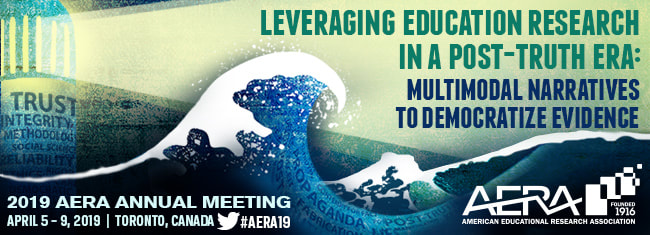KASI MATTHEWS, CLASS OF 2019
MILLSAPS COLLEGE FORD FELLOWSHIP
Research Project | Deconstructing a Discourse: Navigating and Negotiating ‘Equity in STEM Education’ within Pre-Service Elementary Teacher Education
Equity – a word mistakenly interchanged with equality – often refers to the impartial dissemination of resources to historically marginalized individuals based on ability, race, gender, and class (among others) to ensure equal opportunity. Educators, administrators, and other education advocates frequently align equity with monetary resources. While critical to providing equitable educational experiences in STEM disciplines we, like Chesky and Wolfmeyer (2015), desire to delve beyond utilitarian aims of equity to unpack deeper ideological assumptions circulating throughout discourses of ‘equity in STEM’.
Similar to Zygmunt and Clark (2016), we are inspired to look into a culturally responsive pedagogy in science, technology, engineering, and math (STEM) disciplines. Prior to my work with Dr. Wallace, I always thought STEM involved robots and only the privileged could partake in such activities. I would always separate STEM from the regular science and math courses. One article in particular that we read sparked my curiosity in how I could combat these feelings. Carlone, Haun-Frank, and Webb's (2011) article, “Assessing Equity Beyond Knowledge- and Skills-Based Outcomes: A Comparative Ethnography of Two Fourth-Grade Reform-Based Science Classrooms”, studied how as educators we need to expand what counts as equity.
What types of language, norms, and practices do you engage in with your students? Considering this, my research involves discovering ways to not only provide highly quality STEM education for K-12 students of all backgrounds, but also how nurture their personal backgrounds along the way. In other words, I am eager to study how can educators effectively foster an equitable STEM experience for all students.
Equity – a word mistakenly interchanged with equality – often refers to the impartial dissemination of resources to historically marginalized individuals based on ability, race, gender, and class (among others) to ensure equal opportunity. Educators, administrators, and other education advocates frequently align equity with monetary resources. While critical to providing equitable educational experiences in STEM disciplines we, like Chesky and Wolfmeyer (2015), desire to delve beyond utilitarian aims of equity to unpack deeper ideological assumptions circulating throughout discourses of ‘equity in STEM’.
Similar to Zygmunt and Clark (2016), we are inspired to look into a culturally responsive pedagogy in science, technology, engineering, and math (STEM) disciplines. Prior to my work with Dr. Wallace, I always thought STEM involved robots and only the privileged could partake in such activities. I would always separate STEM from the regular science and math courses. One article in particular that we read sparked my curiosity in how I could combat these feelings. Carlone, Haun-Frank, and Webb's (2011) article, “Assessing Equity Beyond Knowledge- and Skills-Based Outcomes: A Comparative Ethnography of Two Fourth-Grade Reform-Based Science Classrooms”, studied how as educators we need to expand what counts as equity.
What types of language, norms, and practices do you engage in with your students? Considering this, my research involves discovering ways to not only provide highly quality STEM education for K-12 students of all backgrounds, but also how nurture their personal backgrounds along the way. In other words, I am eager to study how can educators effectively foster an equitable STEM experience for all students.

